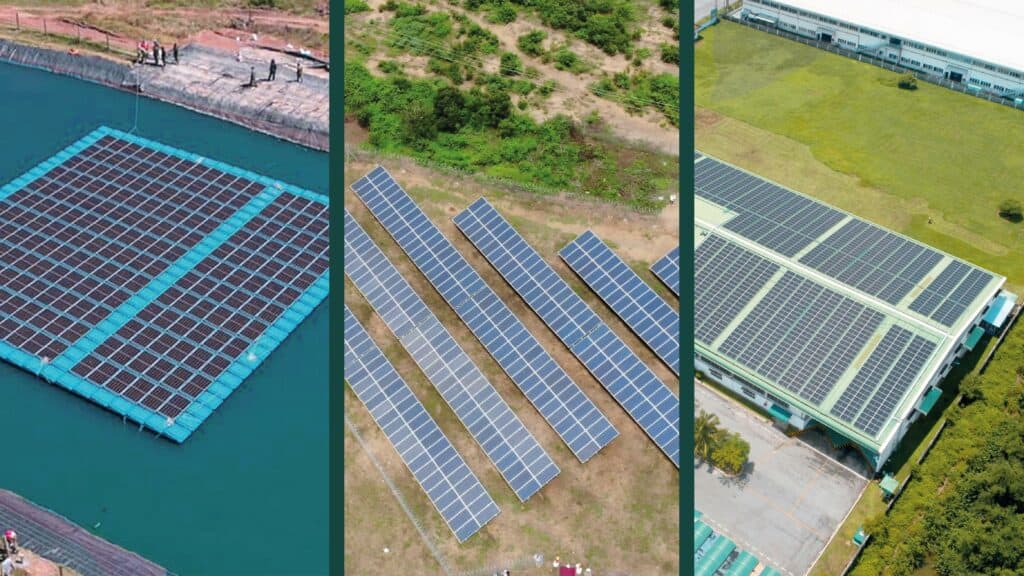Solar’s potential to clean up agriculture in Chile

With a diverse landscape reaching from the tropics to just north of the Antarctic, Chile is rich in natural resources that have long been utilised to create a strong agricultural sector. Exports, including products such as fruit and wine, account for almost 30% of the country’s GDP. Yet despite the positive economic impact, these industries are also energy-intensive and account for a high percentage of the country’s greenhouse gas (GHG) emissions – which are growing at the third fastest rate of all OECD countries.
Industries, particularly those that rely heavily on the natural environment, are looking for more sustainable ways to power their businesses. There is an obvious solution: with solar irradiation levels twice as high as Germany and mostly clear skies, Chile is perfectly situated to produce solar power. While the Atacama Desert in northern Chile holds plenty of potential for large-scale solar parks, companies can utilise the space they have by building solar systems on their own land.
Subsole, a fruit producer in the Copiapó Valley, led the way in 2012 with a 300 kWp solar system to power crop irrigation. Miguel Allamand, Subsole’s President, was pleased that the solar plant would reduce their carbon footprint as well as ensure stable energy costs and better energy efficiency.
Cono Sur, a wine producer known for its premium Pinot Noir, is following suit by procuring a 95 kWp system to power the irrigation for its Las Lomas vineyard in Peralillo. Globally-renowned solar developer Soventix will install and maintain the system. The refinancing is made possible with a loan from ecoligo. The project will save 57.8 tonnes of CO2 per year and will allow lower electricity prices for the vineyard, in comparison to the national grid. The project is currently open for investments from 500€: more information can be found here.
The solar project was an outcome of a partnership between Cono Sur and Soventix that was enabled by Smart Energy Concepts, an International Climate Initiative project that aims to reduce the CO2 emissions of companies in the Chilean agricultural sector. The triple impacts of increased energy efficiency, lower energy costs and lower GHG emissions suggests that projects like this could not only help Chile to adhere to its climate commitments, but would also benefit the agricultural sector, laying the foundations for an increased uptake of renewable energy solutions in such applications.
Click here to find out more about the new project and invest.
Related Posts
The Future of Tourism is Green: How Your Investment in Condovac Makes the Vision of a Sustainable Hotel Facility a Reality
Costa Rica – A pioneer in sustainable tourism The philosophy of Costa Rica – PURA VIDA – the pure life presupposes an…


